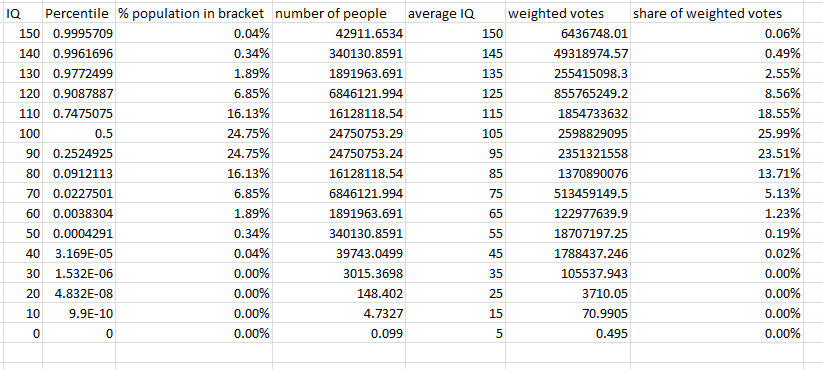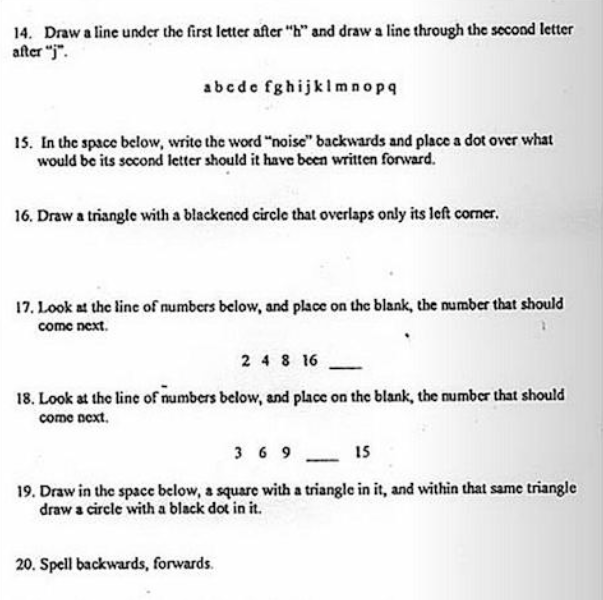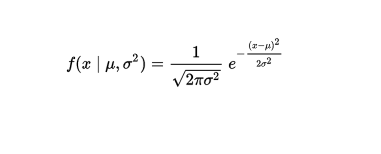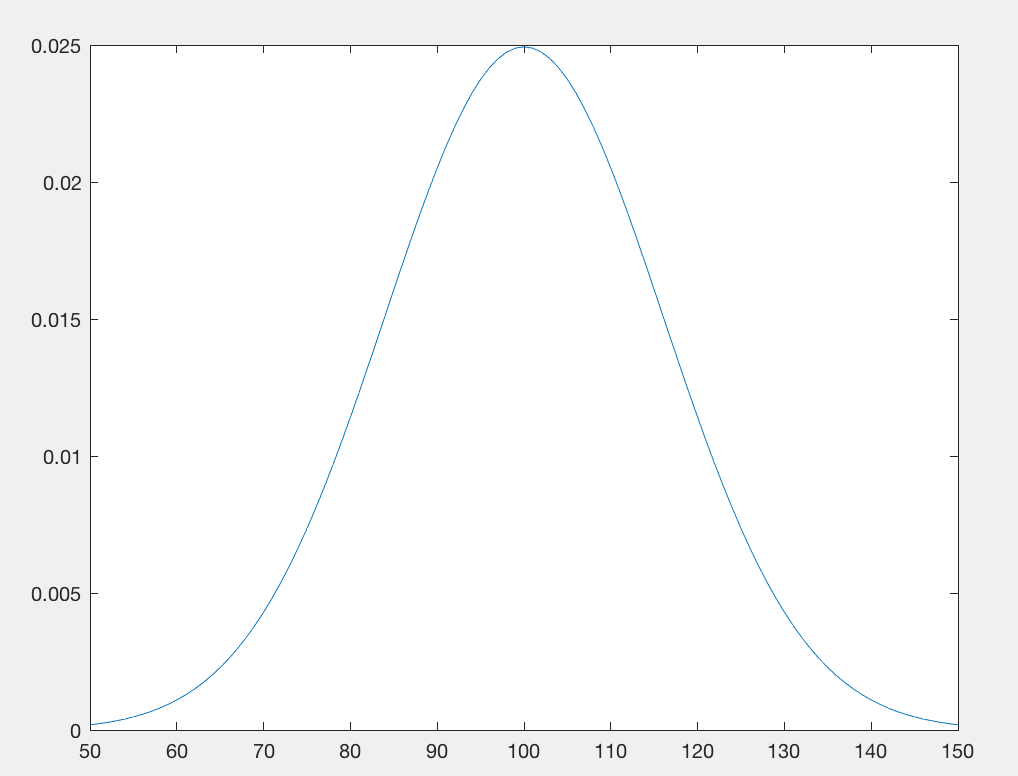The problem is what IQ actually measures. My father was a collector of IQ tests, and I (and my sisters) took well over a dozen before graduating high school. And we reviewed them, and learned the 'trick' of the patterns to recognize, and we did better -- all of us -- with practice. It is a lie that your IQ cannot be increased; take an IQ test every week and understand why your misses were misses, and you will find the same type of questions on subsequent tests. I was personally doing 20 points better on such tests, just between sixth grade and twelfth. I do have natural talent (and went on to earn five college degrees including my PhD), but the fact remains training can improve scores.
As an expert taker of IQ tests, I can also tell you they don't measure anything you care about in politics. IQ tests are generally about puzzle solving, and who gives a crap? I am far more concerned, in politics, with whether people are selfish or cooperative, with how much they understand and accept how much of their lot is due to dumb luck (even the dumb luck of the genetic lottery, being born with natural talent, intelligence, looks or wealth that others were not lucky enough to get -- or vice versa, being born without natural assets, or disabilities, or into poverty, that others were lucky enough to avoid).
You don't have to be as adept at puzzles, math, science and general understanding as I am in order to get my vote, or I wouldn't be able to vote! What I want in a politician is somebody that cares about other people and can navigate political issues to do what I think is truly important: Minimize pain and suffering, prevent others from profiting by creating more misery, and balance our civic duties with our private interests, roughly 50/50. Much like the Norwegian mix of socialism and capitalism.
If you want a scale; use a sociopathy scale like this one, employ lie detection methods if needed, and exclude from politics anybody that scores in the top third, or even top half.
The problem isn't stupid voters, the problem is criminal politicians, sociopathic frauds that promise to fix the problems of voters when their only ambition is self-enrichment.




